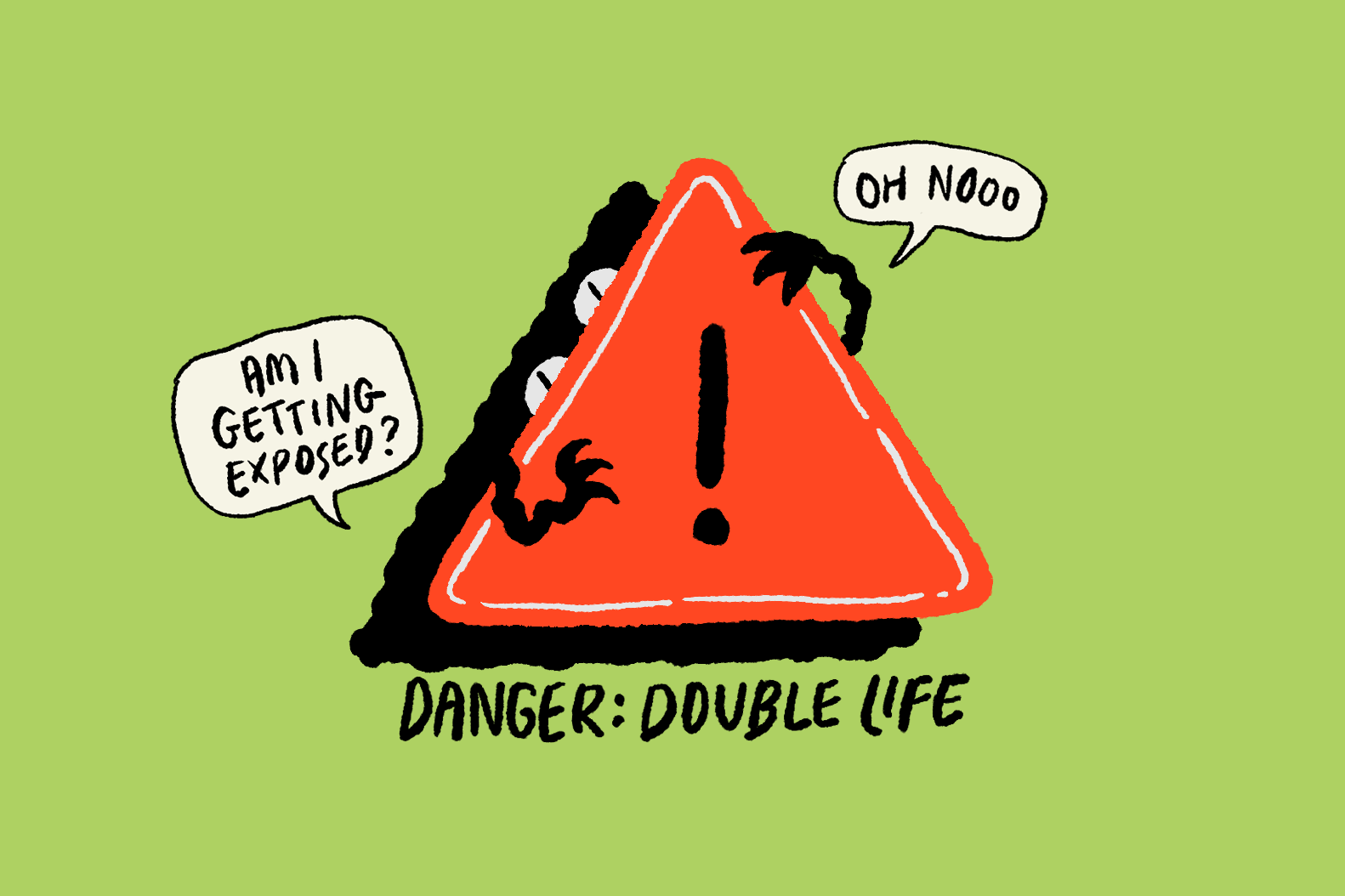Last night, I was praying before bed when I ended with an “Amen”.
Amen. That word immediately triggered the question of why we end prayers with it. Why do we say: “In Jesus’ Name, Amen”?
Coming from a Methodist school, I had a principle who would end his prayers without an “Amen”. The school found it really strange. You could tell from the murmurs that arose after every prayer, from students with their heads half-bowed, confused about when to lift their heads.
It’s only now I realise that he may have been trying to subtly teach us a lesson.

Prayer goes beyond the words between “Dear God” and “Amen”. Like it or not, God hears every word and thought that goes through you.
Every vulgarity you hurl, every rant you make, every meme you share – He hears, sees and understands it all. That’s what it means to have 24/7 access to God! God doesn’t only perk His ears up to you when you say “Dear God” – and He certainly doesn’t stop listening after you say “Amen”.
God is always near.
We don’t end conversations with our parents, siblings or friends with an “Amen”, or begin conversations with a “Dear Brother” (well unless they’re overseas or away and you’re writing a letter or email to them). We’re in a constant, ongoing relationship with these persons – and we’re in an even better one with God.
You see, God is never far away in a distant land. He doesn’t get sick and die or go on an overseas exchange programme for a year. God is always near. He hears you as you think and as you speak. He’s right beside you.
This got me thinking of what the Bible says about prayer.
And I realised this: In the Lord’s Prayer, in both Matthew 6:9-13 and Luke 11:1-4, Jesus doesn’t end his prayer with an “Amen”. Neither does He do so in His own personal prayers.
- Matthew 11:25-26
- Matthew 26:39-43
- John 11:41-42
In fact, in many of these instances, it isn’t recorded that Jesus closes His eyes, clasps His hands and bows His head to pray. It seems he usually just looks up to the skies and spontaneously breaks out in prayer.

That said, it’s definitely not wrong to pray the way we’re used to – closing our eyes and bowing our heads.
Beginning and ending prayers in this manner can help align our thoughts to God’s will. Our posture of prayer can help us to focus on God and revere Him. And when we end off with “In Jesus’ Name”, we are reminded of who gave us the ability to connect directly with God through the Spirit in the first place.
But here’s a thought: Are we confining the reality of God’s presence in the moments between “Dear God” and “Amen”? Think about those times your accent changed during a prayer, or when you heaved that sigh of relief after a long and intense prayer. Just because the prayer is over and your eyes are no longer closed doesn’t mean God is any less present.
Remember that He is ever present.









